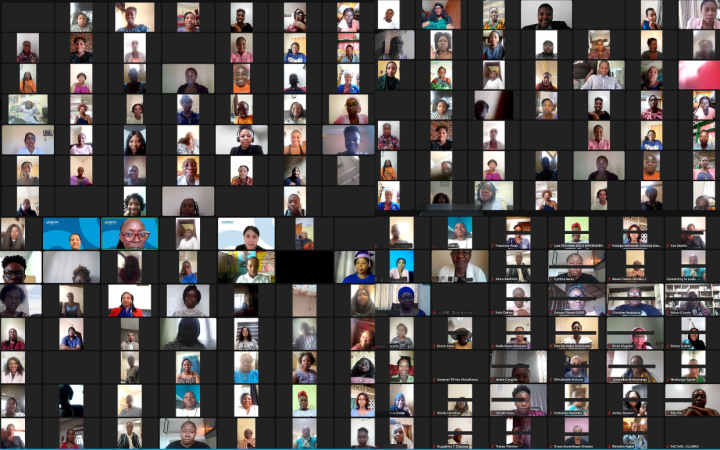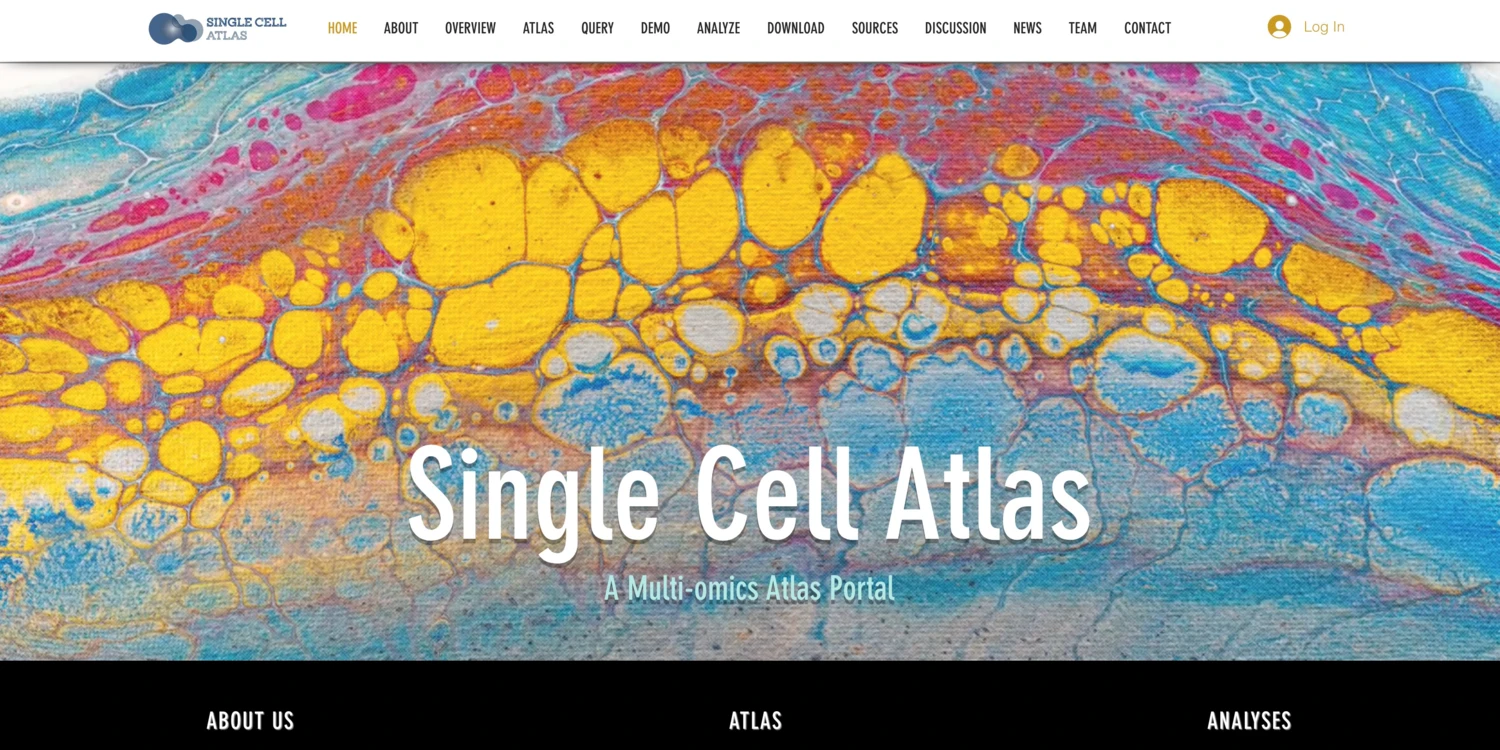Researcher working with culturally and linguistically diverse communities to build disaster resilience
In times of emergency, it is essential that authorities quickly communicate with citizens to ensure their safety and survival.
That can become infinitely more difficult in a multicultural society, when different languages and backgrounds mean these messages can be literally lost in translation.
Researchers from the University of Wollongong are working alongside the State Emergency Service to create tailored emergency communications that reflect the kaleidoscope of cultures that comprise the Illawarra.
Dr Robert Ogie, Associate Research Fellow at SMART Infrastructure Facility, said the aim of the project is to work with the Illawarra’s culturally and linguistically diverse (CALD) communities to work out the most effective methods of communication in times of emergency.
Along with Associate Professor Rodney Clarke, Director of the Collaboration Laboratory at the SMART Infrastructure Facility, the pair are collaborating with Multicultural Community Council Illawarra (MCCI) to create a roadmap for effective emergency messaging, known as EmerCALD: Improving Emergency Communications for Culturally and Linguistically Diverse Communities in the Illawarra.
“This is an important issue because there is a real need to be able to communicate during an emergency to all citizens. The Illawarra is a very multicultural community, and often English is not the first language, so this project will look at the best ways to reach people from all backgrounds,” Dr Ogie said.
“The core philosophy is that one message doesn’t meet all requirements. Emergency services need to discover how best to understand and respond to their citizens.”
The project is part of the 2018 UOW Community Engagement Grants, an annual program that provides funding to UOW staff who partner with community organisation for education, research, or outreach.
The research will engage with bilingual representatives from the top seven CALD communities, according to Census data, across the Illawarra: Italian, Greek, Serbian, Arabic, Spanish, Macedonian, and Mandarin.
The aim is to raise awareness of the risks posed by emergency situations and drive behavioural change by compelling communities to act when they receive emergency communications in the face of impending danger.
The project will focus on static emergency messaging – messages that do not change from one event to another, such as warning citizens to not drive through floodwaters or to tie down loose items in their backyard.
The key to this project is, rather than simply machine-translating these messages into the seven different languages, the researchers are working with the community representatives to figure out the best way of expressing a given emergency message so that the community members behave appropriately during an emergency.
“We are working with groups that don’t have English as their first language. The aim is not to develop literal translations of emergency messages but rather to find the precise form of words to achieve the desired behaviours at a given point during an emergency. We are asking the community representatives, ‘what would you do? What messages will have the greatest impact and achieve the desired behaviours in your community?’,” Professor Clarke said.
“We are also working within a changing technology landscape. For example, young CALD community members are often literate in mobile phone use while older members are not necessarily.”
“It is a very complex situation,” Dr Ogie added. “We are looking at different demographics and different technologies. For example, the Mandarin-speaking community might prefer to be contacted via social media, using WeChat, but that might only be effective for younger age groups. Older age groups might respond better to the use of the telephone.”
The research is the first step of a larger project by Dr Ogie and Professor Clarke that looks at how to build resilience in CALD communities and the importance of effective emergency communications, from all emergency services providers and first responders.
“This is opening the door to different communities in the Illawarra,” Dr Ogie said. “We are building risk awareness and resilience, and helping to drive behavioural change. The Illawarra is our case study, but it could have an impact beyond the region, for CALD communities across Australia.”








